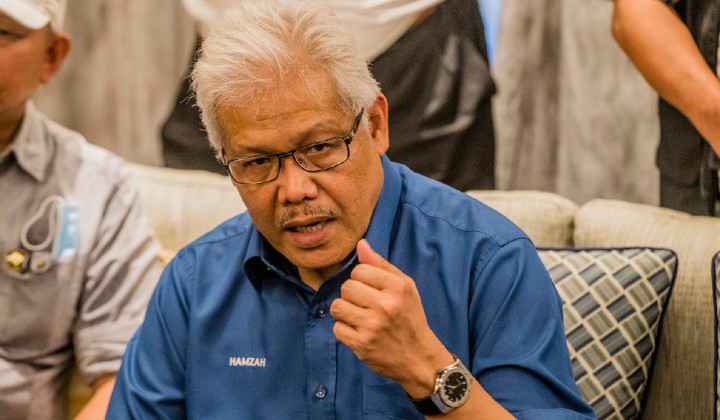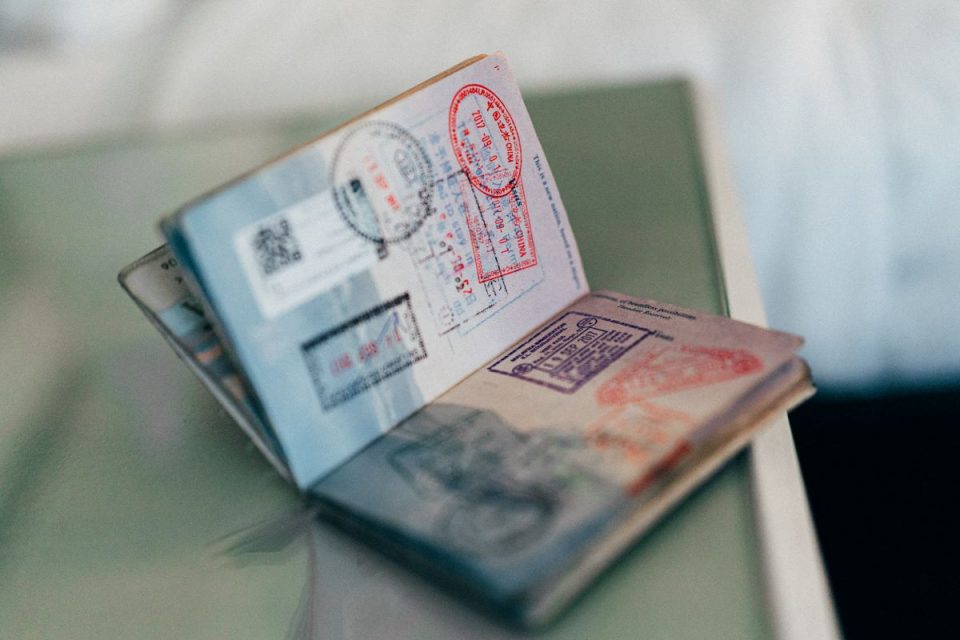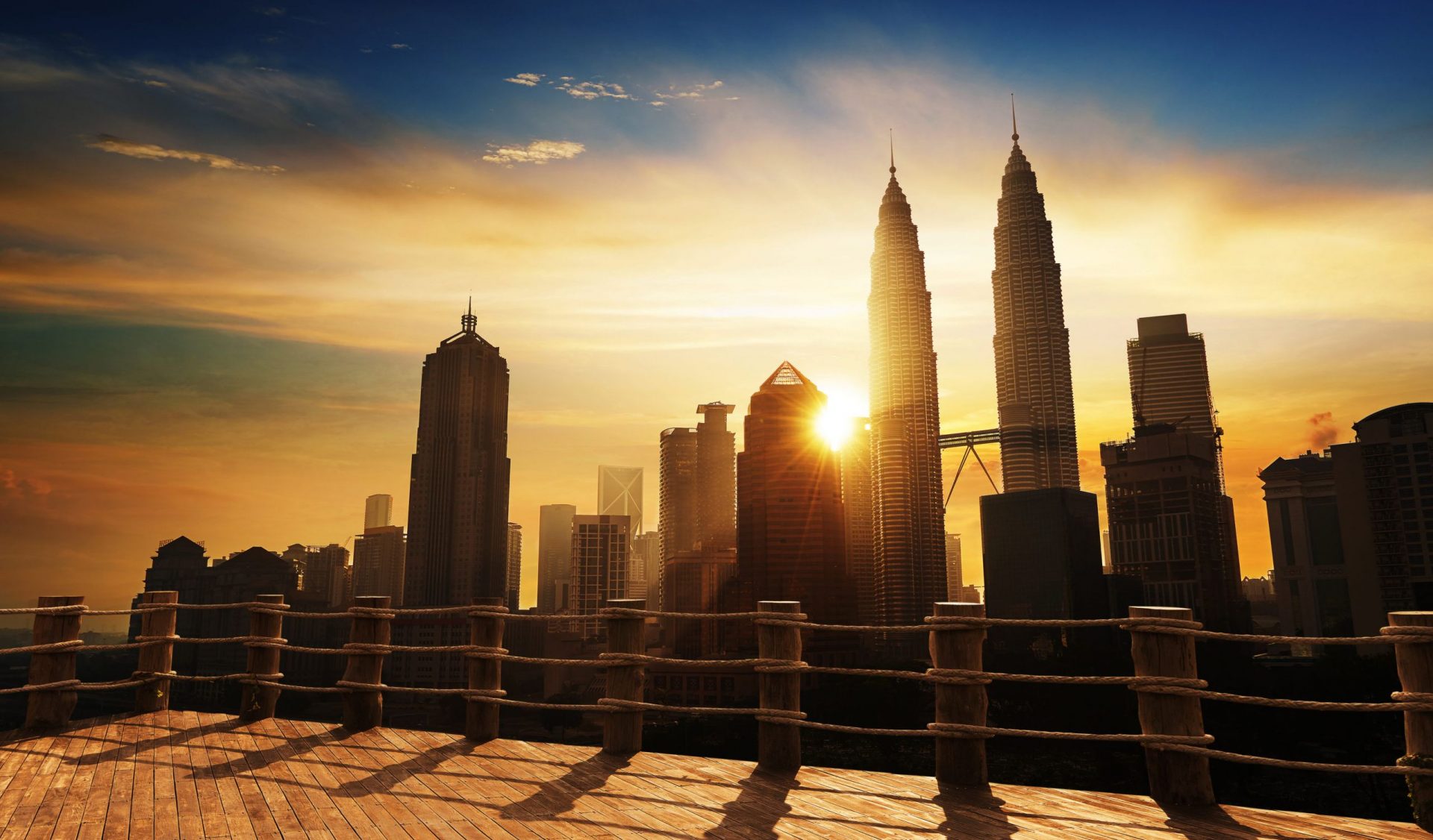The Malaysia My Second Home program imposed vastly more restrictive criteria for approval early in 2022, to the detriment of both the popular retirement scheme and Malaysia as a whole.
In response to questions raised in Parliament, Minister of Home Affairs Hamzah Zainudin recently admitted that they had received just 267 applications for the MM2H visa since the new requirements were imposed. It should be noted that this number only represents the number of applications, and they chose not to reveal how many have been approved. That figure is likely considerably lower; we base this reasoning on the fact that none of the very few applications we have submitted have been approved yet.
As we and numerous others predicted, the new MM2H rules have had a disastrous impact on applications. People are choosing to move to other countries as more and more governments recognise that inviting well-vetted foreigners who possess sufficient funds to support themselves into their country is a win-win. The host countries benefit from not just the financial contributions of the foreigners they welcome as residents, but also from tapping into their talent, and also from sending a signal to the rest of the world that their country welcomes the international community. This can only help their economies grow.
Initially, Malaysia saw the opportunity and the Malaysia My Second Home program was soon rated as one of the best retirement visa schemes anywhere in the world.
In 2018, the government was approving around 500 MM2H visas a month – that’s approvals, not applications. Now, there have been only 267 applications cumulatively over several months, so there has clearly been a staggering drop in interest. Our own MM2H help desk handles dozens of inquiries every month about the visa, as awareness is still high and many people would like to relocate here, but when they hear about the new rules, virtually all of them lose interest.

The big change came during the pandemic when there was a suspension and simultaneous review of the MM2H program. Ultimately, it was decided that the Ministry of Tourism would no longer be running things, with the Home Ministry and Immigration taking control. The switch from a Ministry which welcome foreigners to Immigration, a department which is very cautious about anyone trying to enter the country was soon evident.
The decision was also made to go only after the very wealthy, who were described by the Home Ministry as ‘high-quality applicants.’ Many people questioned this description – after all, merely having money in no way guarantees a person is of ‘high quality’ – and even more were shocked when they said participants had to have a minimum income of RM40,000 a month, far more than is required to live comfortably in Malaysia.
Many of the people attracted to this residential visa are retirees, and the government primarily focused on them, although anyone who qualified was permitted to join. Indeed, many people applied who decided to they wanted their children educated in the English-speaking international schools here and wished to accompany them.
Clearly, very few retirees make over RM40,000 a month, so most potential applicants were no longer eligible. Moreover, of the few who do have that kind of income, most said they were not willing to place the required (and greatly increased) sum of RM1 million into a fixed deposit account at low interest, especially amid ongoing inflation fears and given the fact that Malaysia’s currency has been steadily weakening for years.
CHANGES LEAD PEOPLE TO LOOK ELSEWHERE
Not surprisingly over the last year, various visa holders – both working expats and MM2Hers – have told us they are thinking of leaving Malaysia. The reason was nearly always the same – they no longer trusted the government. Many feel the current government has gone back on the promises that encouraged them to settle here in the first place.
A considerable source of distress arose during the pandemic. For many months, the government refused to let any MM2Hers who had the misfortune of being overseas when Malaysia suddenly closed the border return to their homes here. Some were stuck in hotels for months because they had made Malaysia their permanent home and had no other place to live. Meanwhile, those whose visas expired while they were locked out and who wanted to come back and renew them were told they could return only when the borders opened.

For years, our various surveys had shown the majority of MM2Hers planned to spend the rest of their lives here, but people impacted by these restrictions started to change their minds, sensing they were no longer welcome here and no longer feeling secure living in Malaysia.
The MM2Hers who stayed in Malaysia were not impacted by being locked out of the country, but still saw what was happening, and felt their trust in the program slipping. Then it was announced that the new rules for the visa would apply to existing participants. It was very upsetting to them because previously they had been assured this would not happen. At that stage, many told us they were planning to leave.
Amid a huge outcry, the government subsequently reversed course on this and decided the new rules would only apply to new applicants, but for many, the damage had been done and trust was lost. Obviously for older people, stability is particularly important, and the country’s ambivalent attitude towards the MM2H program and the people who made long-term decisions based on a trust in the program began making people nervous.
In the end, the government still made minor changes to the visa, increasing the annual visa fee substantially from RM90 a year to RM500 and ceasing to give a 10-year visa on renewal, halving it to just five years. All of these factors caused many people to feel they were no longer welcome in Malaysia, so many of them began looking at programs offered by other countries keen to attract foreigners and their money.

MM2H BEING ‘RUINED’
According to recent articles in local media, critics are saying that the government has ruined the MM2H program with the introduction of such unreasonable conditions.
Previous Malaysian governments saw considerable value in the MM2H initiative, not just in its financial benefit but in the image it projected that the country welcomed foreigners. The fact they chose to live here and were not assigned here by their companies said a lot about the multiculturalism and lifestyle aspect of living in Malaysia. All of this is good publicity when seeking foreign investment. Unfortunately, the recent actions have sent the opposite message, which caused some companies to look elsewhere when looking for a suitable country in which to invest.
The Home Ministry has now advised that 1,461 visa holders have cancelled their visas, and though Hamzah Zainudin claims that all of these withdrawals have nothing to do with the new conditions, most observers seem to believe otherwise.

Donal Crotty, chairman of the Irish Chamber of Commerce Malaysia, said it appeared that the government had no “real commitment” to the program, and highlighted the damage done to foreigners’ trust in Malaysia. “What tends to be forgotten is that confidence and trust not only affect MM2H members but the expat community as a whole and Malaysia’s reputation as a country to invest and live in. The sense [now] is that there is no real commitment from the government as the program is not about the people but the money,” Mr Crotty said.
Center for Market Education CEO Carmelo Ferlito remarked that the new conditions sent a signal to the international community that Malaysia did not welcome them unless they were extremely wealthy. “The measure has not only deterred existing participants, but has also contributed to making Malaysia a less attractive destination for investments,” he said.
MM2H Agents Association president Anthony Liew said the new requirements were exceedingly difficult for prospective participants to meet, and additionally, the changes have left many feeling insecure and uncertain with regard to future government policies. Mr Liew described Putrajaya’s decision-making as inconsistent, saying that some clients now felt the government was likely to reverse their position or change the conditions on a whim.

OUR VIEW
The fact is that for MM2Hers, Malaysia really is a very good place to live, and few would normally have chosen to leave. We have done surveys of this group for years and found that many planned to spend the rest of their lives here. Now, however, things are different, and clearly the lack of trust is making some people leave, despite the fact they have enjoyed living here.
While many Malaysians complain about the government, expats stay out of politics for the most part, as they are not usually impacted by some of the actions that have drawn such angry criticisms by locals. However, when government policies impact them directly, expats then take a lot more interest. With the developments in MM2H, along with other policies and changes regarding expats and foreign workers, many feel the government is turning against foreigners in general and that they are no longer as welcome as they once were.
Some analysts are already saying that Malaysia is losing out to Indonesia, as that country is gradually proving to be more attractive to some foreign investors. The Indonesian government has shown a more welcoming face to investors, and although the MM2H program is not linked to foreign investment, we think it has relevance and believe that turning away visa holders and making it less attractive for these foreigners sends the wrong signal.
We continue to hope the government can come up with a separate retiree visa which has more attractive terms and can once more not only bring in suitable foreigners, but will also send a message to the international community that Malaysia once again welcomes them.
"ExpatGo welcomes and encourages comments, input, and divergent opinions. However, we kindly request that you use suitable language in your comments, and refrain from any sort of personal attack, hate speech, or disparaging rhetoric. Comments not in line with this are subject to removal from the site. "





















